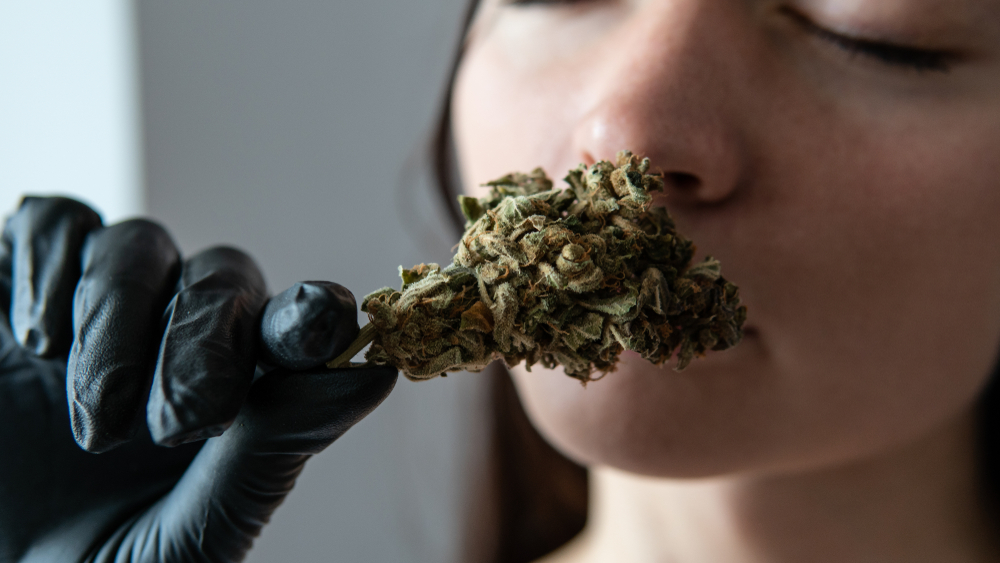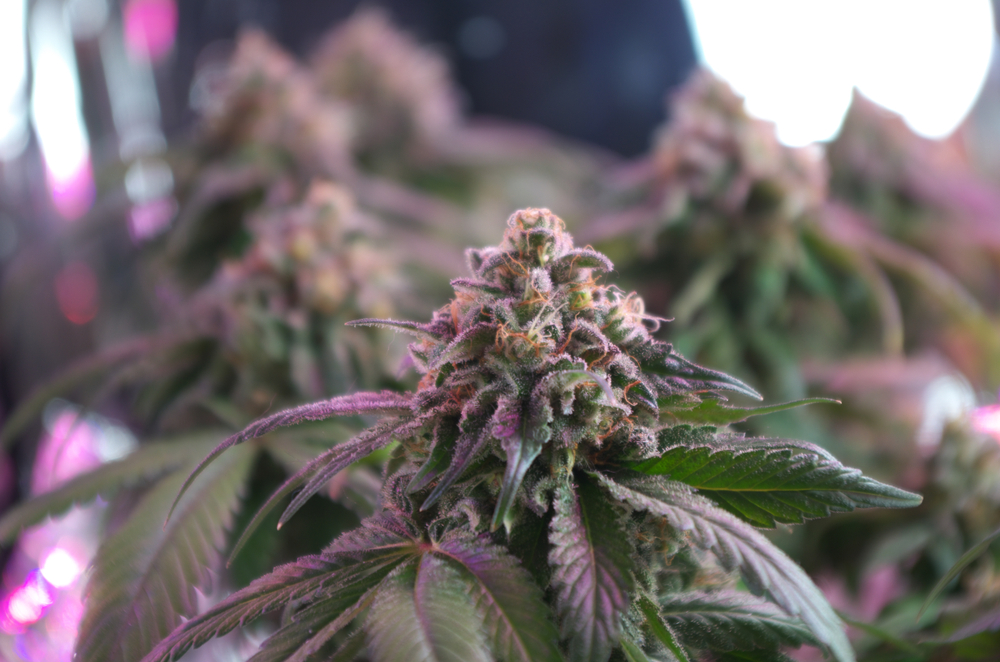The cannabis market consists of some very colourful and creative vocabulary used to describe cannabis, with skunk weed being just one of many examples.
At first glance, the phrase likely conjures up less than favourable images and implications. However, this isn’t necessarily true in the context of marijuana.
While other encounters with a skunk of the animal variety can lead to some unsavoury scenarios, to say the least, the term skunk is frequently used as a term of endearment to refer to particularly potent or pungent cannabis strains.
If you’re still unconvinced, that’s entirely fair. Allow us to provide further insight into this uniquely inventive term and its multiple definitions.
This article will outline what skunk weed is, its distinctive elements and how to spot it yourself.
Without further delay, let us begin.
Why is it Called Skunk Weed?
As we alluded to above, the definition you receive when asking this question may differ. However, two primary explanations arise as the most commonly referenced.
First, the term ‘skunk weed’ is aptly tied to its animal namesake, the skunk. The name alludes to cannabis strains that are particularly pungent, aromatic or ‘skunky.’
The second definition refers to a lineage of cannabis strains originating in the 1970s. Breeders working in the United States, namely California, began to crossbreed short, mountain hashish strains, such as Afghan, with taller, more powerful sativa strains from Central and South America.
These examples sometimes also incorporated tropical cannabis variations travelling even further distances, for instance, landrace strains from Asia.
These innovative and experimental breeders needed a term to identify these new hybrids.
In particular, they wanted something that would communicate how distinct and powerful the aroma of these strains was. After some brainstorming, they landed on what is widely perceived to be one of the smelliest animals in the world – the skunk.
From there, the strain Skunk #1 received its unique origin story. This initial strain was bred by David Watson, who later received the creative nickname of “Sam the Skunkman.”
Skunk #1 is a hybrid strain of diverse lineage. Its parent strains include Afghani and the landrace strains Acapulco Gold and Colombian Gold, requiring much dedication and meticulous and intricate breeding to create it. It received its distinct name based on its unique odour and was later awarded the 1988 Cannabis Cup title for Cultivator’s Choice.
The phenomenon was taken to new heights when Watson later brought a box of Skunk #1 seeds to the first cannabis coffee shop in Amsterdam, Mellow Yellow, operated by Michael Taylor and Wernard Bruining in the 1980s.
It was eventually sold to seed banks across Holland, later becoming one of the very first hybrid strains to be sold commercially across the world. From there, the seeds were bred and crossbred, creating some of the most popular and well-loved strains that consumers could get their hands on.
Does Good Weed Really Smell Stronger?

Not necessarily. Several factors can determine a strain’s fragrance.
Arguably the most prominent influence is using the appropriate storage methods.
Cannabis kept in less than optimal storage conditions will have its terpene and cannabinoid content degrade and evaporate once the bag or container is opened. This consequence is a prime example of why learning how to store cannabis properly is so important.
To preserve its integrity, potency, terpene profile and shelf life, users need to store their products in an opaque, airtight container in a dimly lit area.
That said, cannabis that is fresh and high in terpene content will naturally be more fragrant. To maintain the integrity of this terpene profile, they should take the necessary precautions to ensure it is protected and preserved as best as possible.
However, it also depends on how one gauges what ‘good’ means.
If it’s based on the subjective interpretation of fragrance, ‘good’ weed will have a diverse terpene profile that impacts its overall taste and aroma. Still, while terpenes may generate specific effects, it doesn’t necessarily impact the strain’s overall potency.
That said, the cannabinoids THC and CBD themselves do not have strong odours. In this sense, THC and CBD concentration, a primary indicator of potency, do not automatically correlate with the terpene profile.
Ultimately, it’s the sum of all these elements that indicate ‘good’ weed.
How to Spot Skunky Cannabis
First and foremost, all members of the skunk family are descendants of Skunk #1, the strain that started it all. Since its initial debut in the Netherlands back in the 1980s, Skunk #1 remains one of the most well-preserved THC cannabis strains genetically.
This claim to fame has led Skunk #1 to parent a plethora of subsequent hybrids, sparking a new wave of growing and breeding innovation that opened the door to a wide range of new potential products.
However, throughout the years, the term ‘skunk’ has grown to encompass and describe more than a specific variation or lineage of cannabis.
Now, many use the term to describe strains that are particularly potent and produce a long-lasting euphoria.
Thus, skunky weed refers in a more general sense to any strain of cannabis that has a noticeably high THC concentration. It can also describe strains that have a particularly diverse or abundant terpene profile.
In terms of particular indicators to look out for, the plants are often big with heavy buds coated in a generous layer of trichomes. These strains will also produce relaxing physical effects that contribute to a well-rounded cannabis experience.
Soothing the Skepticism Surrounding Skunk Weed
While the term ‘skunk’ likely doesn’t bring the most favourable images or smells to mind, in the context of weed, it can actually be a key indicator of quality.
With multiple definitions and claims to fame, nowadays, the term encompasses a wide range of different characteristics.
However, with its origins in the 1970s and steady increase in popularity, whether its Skunk #1, its corresponding hybrid strains or particularly potent weed, the term has become a pillar for cannabis connoisseurs.
The creation of these strains, and the international distribution of the first commercial hybrid, Skunk #1, also represents a crucial turning point in the globalization of cannabis culture and the innovation of breeding practices, inspiring a new revolution for the cannabis industry.




 No products in the cart.
No products in the cart.